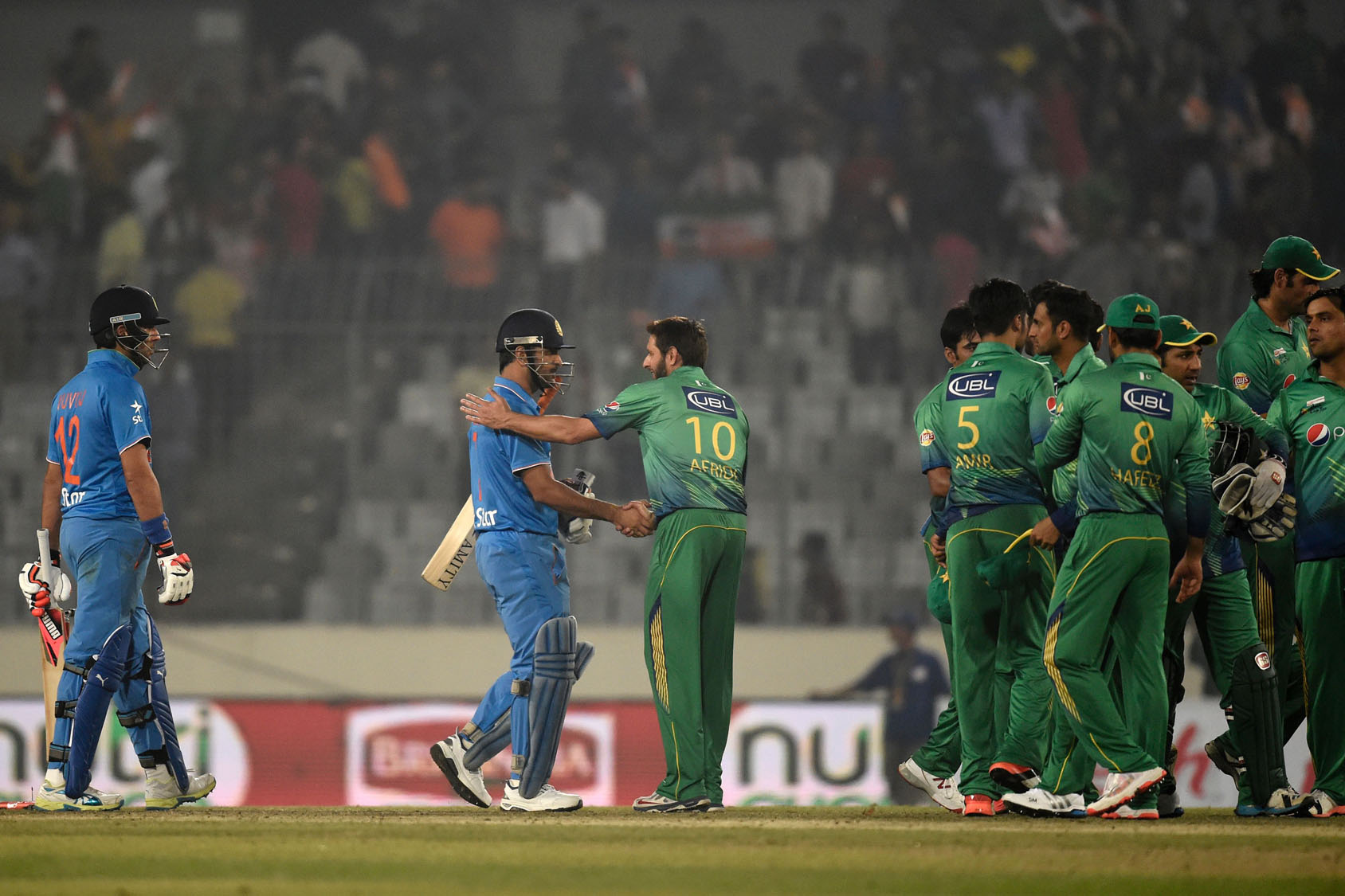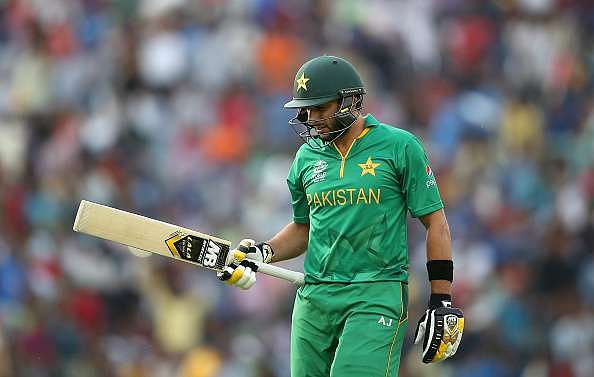
Kardar, not unlike Imran much after him, commanded such respect among his charges that each member of the side gave everything, and then some, to the cause of the team. Both were all-rounders but, more importantly, they were gifted leaders who achieved a very high degree of success. This is not the only similarity between Kardar and Khan.

Of the remaining dozen and a half, Imran Khan is the only other former captain who was so universally and unquestionably accepted by his mates as the one and only Skipper. Pakistan has been led by as many as 19 Test captains, and the very first on the list is the redoubtable Abdul Hafeez Kardar. The Herald profiles these nine distinct cricketers.Ībdul Hafeez Kardar at Lord's | White Star Eight of them, not surprisingly, were former captains while leg-spin wizard Abdul Qadir was the ninth. On the same starry but rainy night, the PCB also honoured nine cricketers with Life Achievement Awards. But still his decision to stay away, for whatever reason, did not go too well with the public. Always preferring to stand alone than in a crowd, it was perhaps characteristic of Imran to abstain.

The third absentee was Imran Khan, inarguably the most successful of all those cricketers who have had the good fortune of captaining Pakistan. The late Mian Mohammad Saeed, who led the country immediately after independence in unofficial Tests, and Abdul Hafeez Kardar, also deceased, were represented by grand-sons. Present or represented were all the captains of Pakistan cricket, save one noticeable exception, and they were all given golden mementos in recognition of their services. Rolling the final, the Pakistan Cricket Board added to the festivities by putting up a memorable show replete with fireworks, music and all.

On November 8, the seemingly indomitable South Africans lifted the Golden Jubilee trophy by comfortably beating Sri Lanka at Lahore’s Gaddafi Stadium, the venue of the latter's most memorable triumph in cricket.


 0 kommentar(er)
0 kommentar(er)
